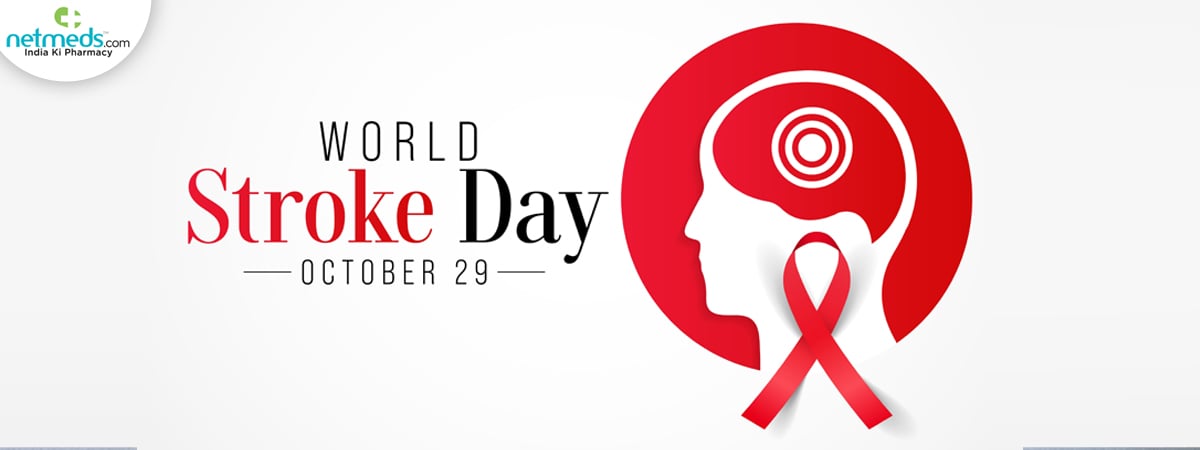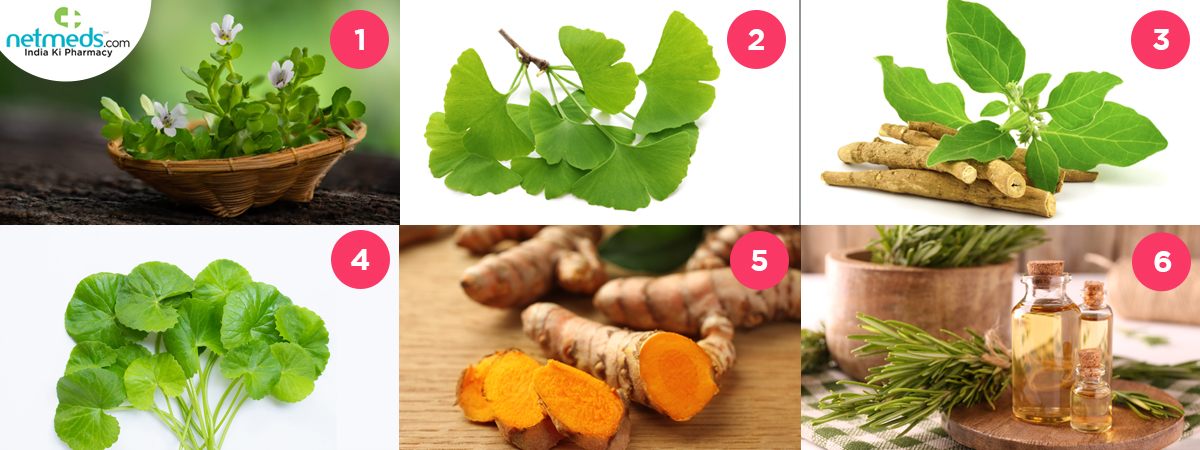World Stroke Day, celebrated every year on the 29th of October, is a significant world health day that creates awareness about strokes, prevention, and rehabilitation. Stroke remains a leading reason for death and disability all over the world, but stroke prevention is largely achievable with greater awareness, a change in lifestyle, and prompt response. Apart from medical interventions, the application of brain-friendly practices such as the use of herbs beneficial to the nervous system can also be included in prevention and rehabilitation.

On 2025, focus on World Stroke Day is centered even more intensely on the urgency of rapid intervention in stroke treatment, again calling out for alerting people that timely identification of the signs and instant action can save lives and avert brain function loss.
World Stroke Day 2025 Theme
The theme for World Stroke Day in 2025 is "Every Minute Counts," underscoring the fact that every minute matters in treating, preventing, and rehabilitating strokes. A stroke disrupts the continuity of the flow of blood to the brain, and brain cells begin to die within minutes. The campaign of the year centers on immediate identification of the stroke's warning signs, prompt access to emergency services, and early treatment. The theme also takes into account that prevention at the initial stage by lifestyle is a significant decrease of stroke risk.
Also Read: World Stroke Day 2023: Significance, Theme And Preventive Checklist To Follow
Significance of World Stroke Day 2025
World Stroke Day is of critical importance because it places an emphasis on one of the globe's most intimidating global healthcare challenges. Its importance results from:
Diffusion of Awareness: Educating people to recognize stroke in the early stages and respond immediately.
Preventive Steps: Encouraging healthier living to manage risk factors like high blood pressure, diabetes, and smoking.
Raising Awareness of Early Treatment: Demanding early treatment increasing recovery and survival rates by far.
Rehabilitation Promotion: Allowing survivors with treatment and services to improve independence and quality of life.
Global Cooperation: Uniting communities, healthcare systems, and policymakers together to place a premium on stroke prevention and care.

Best Brain-Enhancing Herbs To Foster Neurological Health
Along with medical treatment and precautions, nature also offers strong support in the form of herbs that enhance brain and nervous system strength. Some of the most popular ones are:
Brahmi (Bacopa monnieri)
Ayurveda has been utilizing Brahmi for thousands of years to improve memory, mindpower, and learning. Recent clinical trials confirm that stabilized Brahmi extract significantly increases rate of processing visual information, learning rate, and memory consolidation, specifically delayed recall. The active ingredients of Bacopa (bacosides) trigger antioxidant brain action, protect neural tissue against oxidative stress, and even induce neurogenesis (development of new nerve cells). Its anxiolytic action also reduces anxiety, further increasing cognitive resilience.
Ginkgo Biloba
Ginkgo Biloba promotes cerebral blood circulation, delivering brain tissue with increased oxygen and nutrients. The boosted blood circulation in the brain enhances memory, attention, and neurological function. The abundance of antioxidative and anti-inflammatory constituents in Ginkgo protect neurons from age-related injury and possibly may be beneficial in aiding recovery or improved cognition following strokes or neurodegenerative loss.
Ashwagandha (Withania somnifera)
Ashwagandha is also an adaptogen, in the sense that it helps the body adapt to physical and mental stressors. Ashwagandha decreases cortisol (stress) and chronic inflammation, both of which are risk factors for neurological disorders and strokes. Ashwagandha's withanolides, its active components, have been shown to inhibit degeneration of nerve cells and induce brain-derived neurotrophic factor (BDNF), which protects neuron growth and maintenance.
Gotu Kola (Centella asiatica)
Gotu Kola is best known for its influence on nerve regeneration. It promotes new nerve path formation and is utilized in Asia as well to aid recovery from stroke. Gotu Kola is also linked with acute mental acuity and reduced symptoms of anxiety, to help maintain ongoing mental function and emotional stability during recovery from neurological disorders or extreme stress.
Turmeric (Curcuma longa)
Turmeric's yellow curcumin provides robust anti-inflammatory and antioxidant protection for the brain. Curcumin sweeps up neurotoxic free radicals, inhibits inflammatory damage to neurons, and modulates key neurotransmitters involved in learning and memory. Turmeric's daily use has been correlated with decreased occurrence of cognitive decline and might be beneficial in neuroprotection in stroke conditions.
Rosemary (Rosmarinus officinalis)
Rosemary essential oils containing high concentrations of carnosic acid and rosmarinic acid possess memory enhancement and neuroprotective effects. Rosemary intake or inhalation enhances attention, awareness, and long-term memory. Antioxidant activity of rosemary ensures continued neural function, hence the "herb of remembrance" label in traditional herbalism.
Conclusion
World Stroke Day 2025 also bears the critical message that "Every Minute Matters." From the identification of warning signs to avoiding rushed treatment and forming habits for prevention, prompt action is the best tool against stroke. Apart from medical action, such as brain-activating herbs such as Brahmi, Ginkgo Biloba, and Ashwagandha, can provide natural protection for neurological well-being. By honoring every minute, we save lives, avoid disability, and forge a better future.
Frequently Asked Questions
When is World Stroke Day?
World Stroke Day is celebrated annually on October 29th worldwide.
What is the theme for World Stroke Day 2025?
The theme is on the critical appeal "Every Minute Counts" to highlight the time-sensitive importance of identifying stroke signs early and acting FAST.
What are the primary risk factors for stroke?
High blood pressure, smoking, diabetes, high cholesterol, obesity, and physical inactivity are major risk factors.
How do herbs like Brahmi and Ginkgo help the brain?
Plants contain chemicals in them that are capable of improving brain flow, suppressing inflammation, and protecting nerve cells, giving brain and neurological health care.
How is World Stroke Day possible?
The campaign generates awareness, dispels myths, offers support to stroke survivors, fights for better health infrastructure, and saves lives ultimately.
(This article is reviewed by Kalyani Krishna Chief Content Editor)
Author Profile
Soumita Basu:
Soumita Basu holds a Bachelor’s Degree in Pharmacy and is keenly interested in Ayurveda, home remedies, yoga, fitness, diagnostics, and beauty. With nearly 6 years of experience, she produces evidence-based health content, including articles, videos, and infographics, to provide valuable insights to her audience.
References:



 Previous
Previous